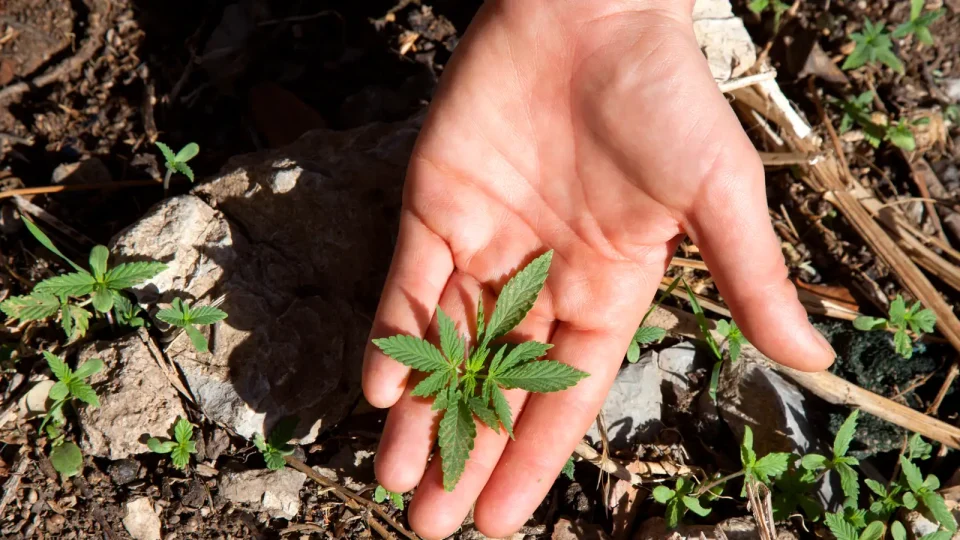The government is under mounting pressure from pro-cannabis factions, who threaten to convene at the Ministry of Public Health starting Thursday until the ministry substantiates the reclassification of cannabis as a narcotic drug.
Meanwhile, groups of farmers licensed to cultivate cannabis prior to its decriminalization in 2022 have endorsed the government’s commitment to reclassify cannabis as a narcotic. They argue that legalization has led to a drastic drop in cannabis prices due to oversupply, a stark contrast from its once tightly regulated market.
When these pro-cannabis groups assemble at the ministry, their singular demand will be for scientific evidence showcasing the benefits and health risks of cannabis compared to alcohol and cigarettes, according to Prasitchai Nunual, secretary-general of the Cannabis Future Network.
Regardless of whether the ministry intends to fully or partially reclassify cannabis, Prasitchai emphasizes that any decision must be grounded in scientific research. The ministry will have a 15-day window to present its case, and if it persuades the pro-cannabis groups, they will acquiesce to the ministry’s policy of reclassifying cannabis as a narcotic drug.
“There’s ample evidence online suggesting that unlike alcohol and tobacco, there’s been no research proving cannabis has significant adverse effects on mental health,” Prasitchai asserts. “Conversely, numerous studies highlight the medicinal properties of cannabis plants.”
Addressing reports of a tenfold increase in cannabis abuse among youth since decriminalization, Prasitchai notes his network’s ongoing advocacy for more effective cannabis regulation laws. However, he laments political hurdles hindering the passage of such legislation.
In a curious turn, while the government has relaxed state control over alcohol, it’s tightening regulations on cannabis, Prasitchai observes.
Prime Minister Srettha Thavisin hints that even after reclassification, the government may permit cannabis strictly for medical use. Public Health Minister Somsak Thepsuthin will elaborate on this, according to Srettha.
Despite intentions to reclassify cannabis, the government pledges to consider all viewpoints and entrusts the final decision to the Narcotics Control Board.
Montri Yiamsung-noen, president of the Rak Kan community enterprise network, supports the government’s new stance. Over 90% of farmland owned by the network’s 435 farmers, licensed pre-decriminalization, now lies fallow due to plummeting prices.
Similarly, a source from a cannabis-growing community enterprise in Sakhon Nakhon echoes these sentiments. Before decriminalization, dried marijuana leaves fetched 10,500 baht per kilogram, but now sell for a mere 5 to 10 baht/kg. Furthermore, tons of harvested cannabis await buyers, exacerbating the situation.
Deputy Prime Minister and Interior Minister Anutin Charnvirakul assures a comprehensive study will precede any decision to alter cannabis’s legal status, a move supported by his party, Bhumjaithai, which advocated for decriminalization in the past government.




